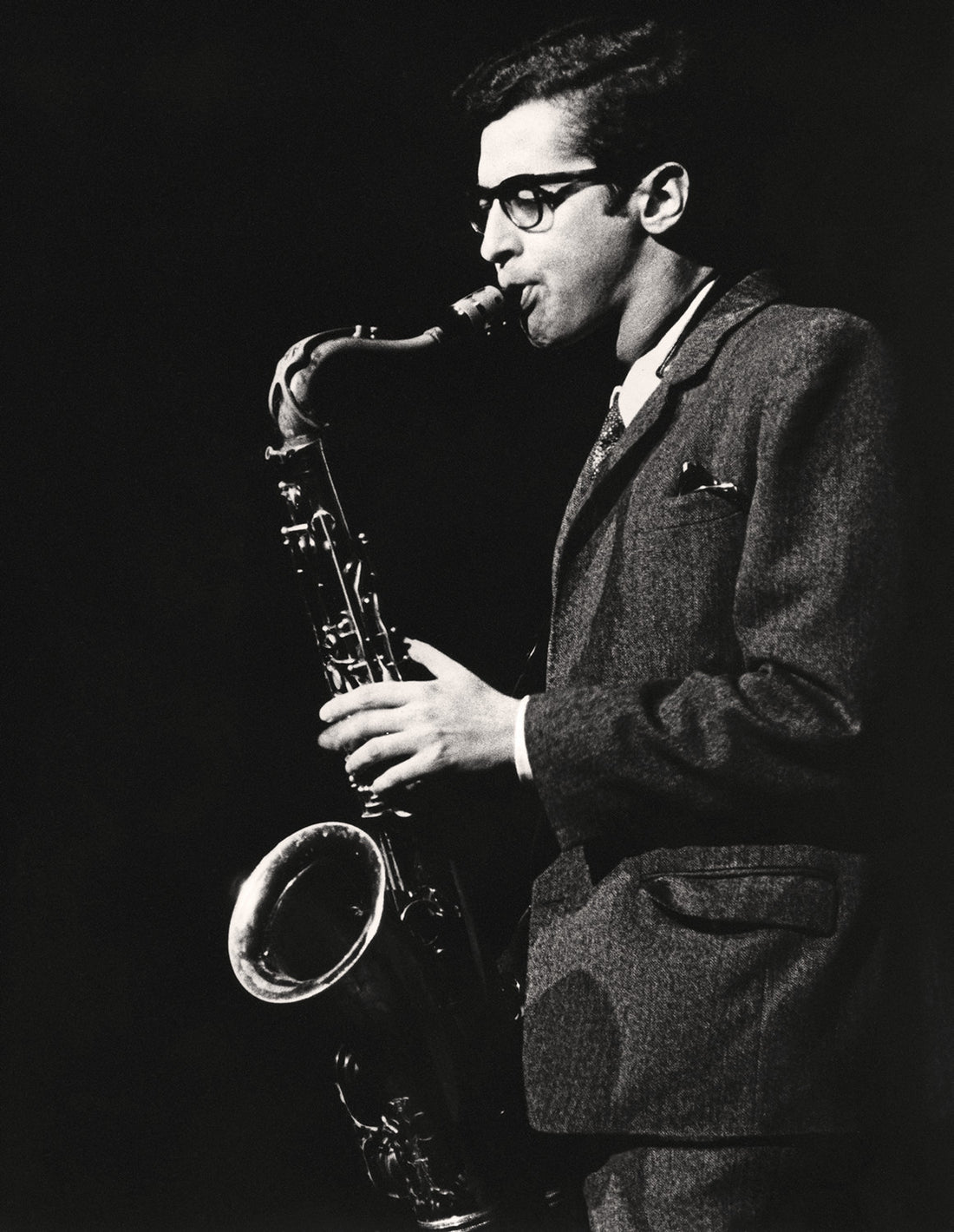Barney Wilen

Bernard Jean Wilen, known as Barney Wilen, was born in 1937 in Nice to an American father and a French mother. He began studying alto and tenor saxophone as a teenager and won first prize in an amateur tournament in the cool category. At the age of 16, he played in the city's clubs alongside Henri Renaud, Jimmy Gourley and Bobby Jaspar, then accompanied American musicians passing through Paris.
His career really took off in 1957. That year, he won the Django Reinhardt Prize at the Jazz Academy and recorded the soundtrack of the film Ascenseur pour l'échafaud with Miles Davis. Enjoying international fame, two years later he recorded the music for the film Dangerous Liaisons with Thelonious Monk and Art Blakey, then composed the music for the film A Witness in the City himself. He also performed with artists such as Dizzy Gillespie and Stan Getz, and was one of the first European guests at the Newport Jazz Festival.
At the end of the 1960s, he established himself as a leading figure in European free jazz. His jazz is marked by very diverse influences, including rock with the album Dear Prof Leary, contemporary music with Lorenzo Bandini's tragic destiny; then African music with Moshi (he had gone to Africa for several months with musicians and a technical team in order to capture sounds).
After a period of silence, he came back in the 1980s. He then released several albums, including the mythical La Note Bleue, then composed the music for several French films, performed at the Paris festival with Jimmy Gourley, recorded with Kenny Barron...
He died of a heart attack in 1996, still at the height of his fame. Ten years later, a documentary film is devoted to him: Barney Wilen, the rest of your life.
